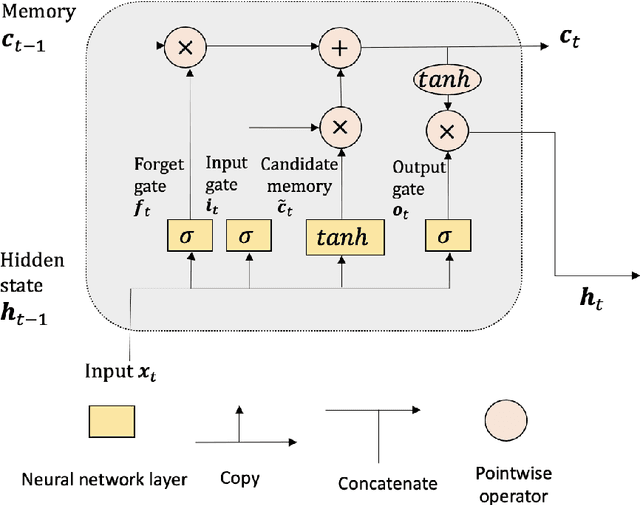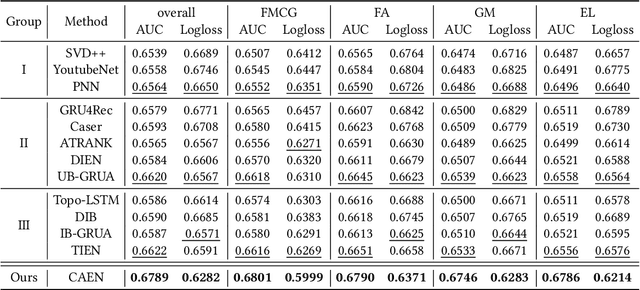Jingsong Yuan
DeepVARwT: Deep Learning for a VAR Model with Trend
Oct 11, 2022



Abstract:The vector autoregressive (VAR) model has been used to describe the dependence within and across multiple time series. This is a model for stationary time series which can be extended to allow the presence of a deterministic trend in each series. Detrending the data either parametrically or nonparametrically before fitting the VAR model gives rise to more errors in the latter part. In this study, we propose a new approach called DeepVARwT that employs deep learning methodology for maximum likelihood estimation of the trend and the dependence structure at the same time. A Long Short-Term Memory (LSTM) network is used for this purpose. To ensure the stability of the model, we enforce the causality condition on the autoregressive coefficients using the transformation of Ansley & Kohn (1986). We provide a simulation study and an application to real data. In the simulation study, we use realistic trend functions generated from real data and compare the estimates with true function/parameter values. In the real data application, we compare the prediction performance of this model with state-of-the-art models in the literature.
CAEN: A Hierarchically Attentive Evolution Network for Item-Attribute-Change-Aware Recommendation in the Growing E-commerce Environment
Aug 29, 2022



Abstract:Traditional recommendation systems mainly focus on modeling user interests. However, the dynamics of recommended items caused by attribute modifications (e.g. changes in prices) are also of great importance in real systems, especially in the fast-growing e-commerce environment, which may cause the users' demands to emerge, shift and disappear. Recent studies that make efforts on dynamic item representations treat the item attributes as side information but ignore its temporal dependency, or model the item evolution with a sequence of related users but do not consider item attributes. In this paper, we propose Core Attribute Evolution Network (CAEN), which partitions the user sequence according to the attribute value and thus models the item evolution over attribute dynamics with these users. Under this framework, we further devise a hierarchical attention mechanism that applies attribute-aware attention for user aggregation under each attribute, as well as personalized attention for activating similar users in assessing the matching degree between target user and item. Results from the extensive experiments over actual e-commerce datasets show that our approach outperforms the state-of-art methods and achieves significant improvements on the items with rapid changes over attributes, therefore helping the item recommendation to adapt to the growth of the e-commerce platform.
 Add to Chrome
Add to Chrome Add to Firefox
Add to Firefox Add to Edge
Add to Edge